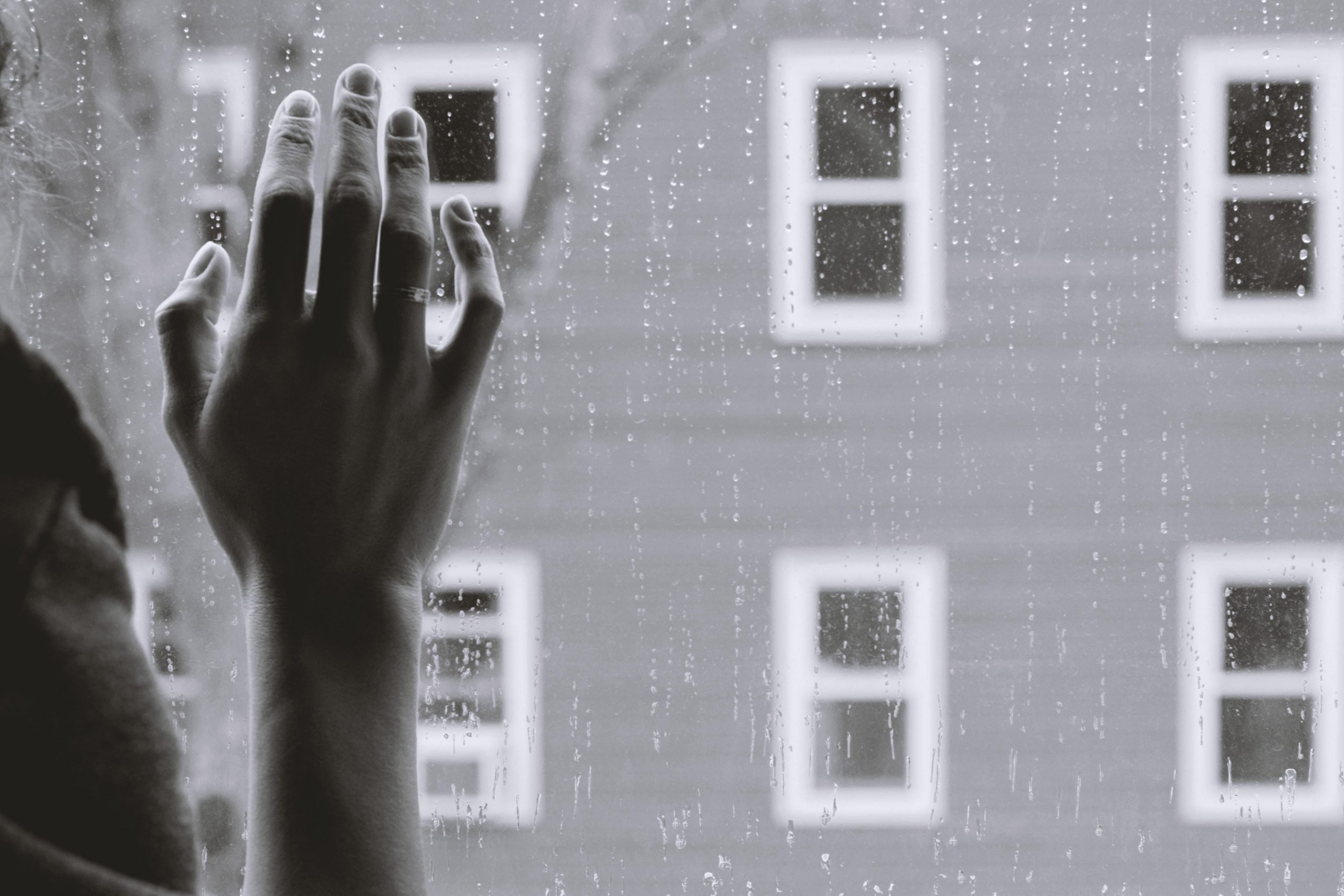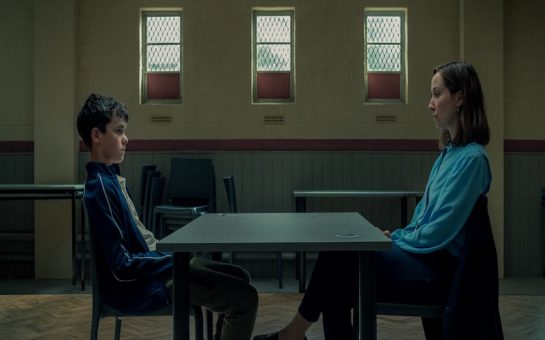By Reemul Balla
August 10 2020, 14.25
Follow @SW_Londoner
“Loneliness is difficult to explain. It feels like my head is a warzone of emotions. Questioning myself all the time…Why am I not like other people?”
Ben Cromack, a 20-year-old media student at Nottingham Trent University, says his battle with loneliness has been fraught with anxiety and self-criticism.
As someone who felt insecure and lacking in self-confidence during his teenage years, Ben retracted to speaking only to his family and a couple of his very close friends.
“When I talk to people, I often feel distant. I can’t bond or feel comfortable with them. The more I think about it, I’ve never felt comfortable in myself.
“This was especially the case whilst attending secondary school. As someone who struggled with dyslexia, I overthought everything and felt like a failure,” he said.
Lockdown was not a welcome call for Ben, as for many young people in the UK.
A study by the Office for National Statistics (ONS) from the April 3 to May 3 reported 50.8% of people aged 16-24 in the UK suffered from ‘lockdown loneliness’, compared to 24.1% of those aged 55-69 years.
According to the ONS, these figures echo previous research into chronic loneliness, which indicates the younger demographic were more likely to report loneliness than older age groups.

James (not his real name), 24, is a part time film student. He initially enjoyed the lockdown, but as time passed, staying at home took its toll.
“At first, the lockdown was a blessing for me. I was able to do my part-time course at home, meaning I had more time to cook, watch films on the list and relax, as opposed to commuting to the course centre during the week,” he said.
James’ motivation dwindled in the latter stages of lockdown and he found himself more and more inclined to do nothing with his days.
“There was not as much pressure on me to complete tasks from my film course and I couldn’t see my classmates either. I’d put off reading or watching a film until the day after,” he said.
“As we know, tomorrow never comes, and soon I found myself lazing around in the lounge gambling on online casinos.”
For James, the thrill of gambling was a past vice he aimed to distance himself from, but the claws of temptation were too much to resist as he spent endless hours playing cards online for a loss.
As lockdown has officially eased in the UK, both Ben and James are finding their feet and their friends.
Ben said: “I’ve transformed my mindset of being alone from negative to positive. I developed different coping strategies to deal with my anxiety like focused breathing and imagining myself to be in a safe place.
“Spending time with my family is also key, and I’ve seen my mates a couple of times already.”
James admitted: “I’m still fluttering with gambling, but far less now. I can go out, have a socially distanced pint and a laugh with a couple of mates.
“That said, I crave social contact. Seeing others posting stories of themselves going out on Instagram when I’m at home makes me feel left out. But it’s no one else’s fault. I’m reaching out more to old friends and trying to meet up whenever possible.”
For many, loneliness cannot be alleviated that easily and some people have nobody to speak to.
Lewis Baxter, 21, is a law student at Durham University. He is also the founder of Chit-Chat Britain, a national non-profit organisation that aims to ‘connect the nation through conversation’.
“I came up with the idea on 21 March when the lockdown was imminent. People were going to be locked in for many months and stuck without conversation,” Lewis said.
“There are mental helplines and counselling services out there, but there isn’t a place for people of all backgrounds to just go for a chat.”
Lewis stresses Chit-Chat Britain is not a mental health line nor has any link to the clinical field, and since its inauguration they have chatted to over 500 people.
Lewis expected people who felt socially isolated to predominantly call, but many calls came from university students or people who began to work from home for the first time and felt disconnected from their group of friends and colleagues.

“We pride ourselves on people being able to have a positive and uplifting conversation with us – whether it is about movies, music, sports, or the weather,” Lewis said.
“There was one chap who lived alone who gave us a call. He played chess at a club once a week with people in his neighbourhood, but that completely stopped. He was left to play chess against the computer, which obviously isn’t the same experience. In the end we spoke about chess for half an hour even though I don’t play!
“The most startling thing was that he began the conversation with ‘you’re the first person I’ve spoken to in about three weeks’.”
As social contact gradually becomes the norm once more, not everyone has someone to talk to or have a meaningful conversation with.
Lewis’ aims for Chit-Chat is to get connected with more people regardless of the social climate.
“Our vision is to create a space where everyone has someone to talk to,” he said.
The anonymous phone line is manned by 35 volunteers currently and runs from 9am to 9pm daily – 0333 002 0333.




